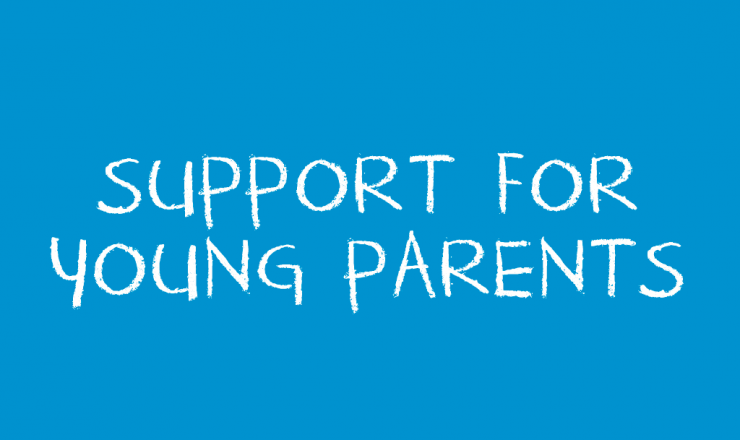The Real Facts About STI Testing
Why get tested?
Getting tested is a great way to take care of yourself and your partner or partners. Sex might not be very sexy if you are worried that you might pass an STI on to your partner. The good news is that STI testing should not be painful.
Your health care provider can tell you how often to be tested and what STIs you should be tested for. Get tested right away if you:
- Think you have symptoms of an STI.
- Have sex with someone who has an STI.
- Have sex with someone you think might have an STI.
If I don’t have symptoms should I still get tested?
Most people who have an STI don’t have any symptoms. Some people get tested anytime they have a new partner or their partner has a new partner. Talk to your health care provider about how often you should get tested and what you should get tested for.
Where to get tested
You can get tested for STIs at your health care provider’s office or a sexual health clinic.
Many health clinics, including Planned Parenthood Toronto’s Health Services, offer anonymous HIV tests. This means that they will not share the results with anyone but you and the test results cannot be traced back to you. You do not have to give your address, phone number, or health card number.
Types of tests
Different STIs require different kinds of tests:
Swabs
Swabs are used to test for things like chlamydia and gonorrhea. Your health care provider will take a small sample of fluid from your vagina*, throat, or anus (butt hole) and place it into a small container. This sample will be sent to a lab for testing.
Urine tests
Urine tests are also used to test for things like chlamydia and gonorrhea. You will be asked to pee into a small plastic container. This sample will be sent to a lab for testing.
Blood tests
Blood tests are used to test for HIV, syphilis, hepatitis B and hepatitis C. You will need to have a small vial of blood taken from your arm. This sample will be sent to a lab for testing.
Rapid response tests
Rapid response tests (also called point-of-care or POC tests) are also used for HIV. A health care provider will prick your finger and will use that blood to conduct the test on the spot. Results take about five minutes. Not all clinics offer this testing, so call ahead to be sure. This type of HIV testing is available at Planned Parenthood Toronto’s Health Services.
Other tests
A sample of fluid from a sore is sometimes used to test for herpes. Your health care provider can diagnose anal or genital warts right away simply by looking at them. If you don’t have symptoms, you can’t be diagnosed.
Important fact
Pap tests are not STI tests. However, clinicians can often swab for STIs like chlamydia or gonorrhea while they are performing a Pap. It’s good to ask a head of time. For more information on Pap tests, visit our info page [Link].
Window or waiting periods
STIs take time to develop. Even if you are in a hurry to get tested, you may have to wait a bit after sexual contact before you will get an accurate test result. Talk to your health care provider about when and how often you should get tested. The list below includes general guidelines:
- Chlamydia and gonorrhea: 24 hours.
- HIV and syphilis: 3 months (12 weeks).
- Herpes and genital warts: can only be tested when you have a visible outbreak of sores or warts.
| Useful Tips |
|
Reportable STIs
Your health care provider may be required to report certain STIs to the public health department and follow-up with your current and past partners may be necessary. Talk to your health care provider about this before you get tested. Your parents will never be contacted. Check out Telling Your Partner You Have an STI [Link] for more information about reportable STIs.
Testing at Planned Parenthood Toronto (PPT)
If you are between the ages of 13-29, you can come in to PPT to be tested for STIs (among other things). For more information on drop-in hours or to book at appointment, visit www.ppt.on.ca or contact PPT at:
Planned Parenthood Toronto – Health Services
36B Prince Arthur Ave., Toronto, Ontario
416-961-0113
If you have questions about this topic, feel free to contact one of our peer educators. [Link]
*We know that these aren’t the words everyone uses for their bodies (eg. trans folks), and support you using the language that feels best for you.
Last Edited: May 2020






